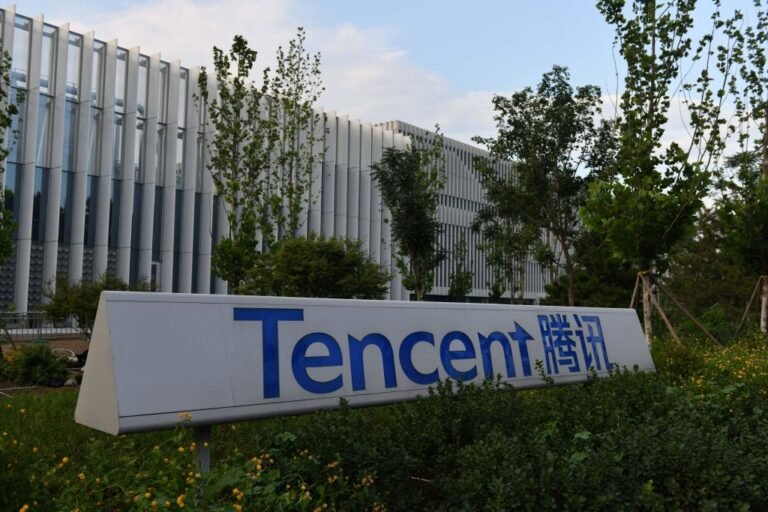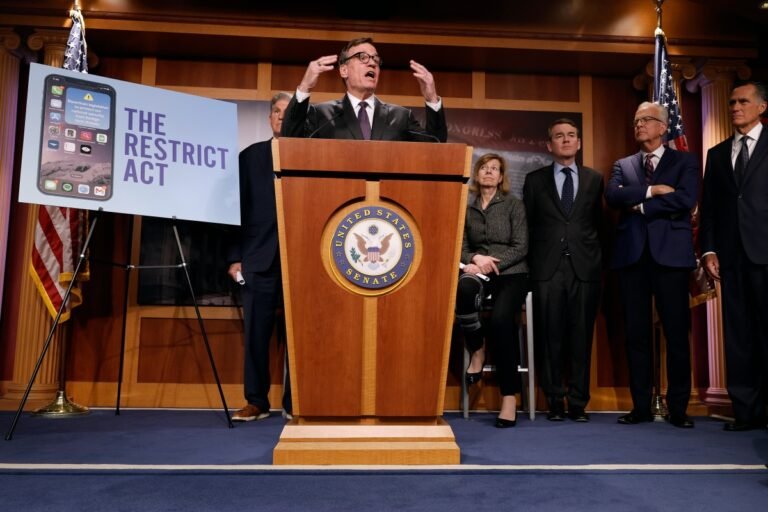US Continues to Invest in TSMC Amid China Tensions

The United States Department of Commerce Monday proposed investing as much as $6.6 billion to fund a third Taiwan Semiconductor Manufacturing Company Limited (TSMC) fab in Arizona.
The move represents a broader push to bring more manufacturing to the U.S., but unspoken in the fanfare around today’s announcement is the potential escalation of tensions with China.
TSMC Arizona — the subsidiary behind the proposed construction — has stated that it will build the facility before the end of the decade.
The United States and allies would be at a massive disadvantage should China seize control of Taiwan and its manufacturing capabilities.
For all the money the United States government continues to invest, Intel is simply playing catch-up to TSMC’s multiyear technological head start.








